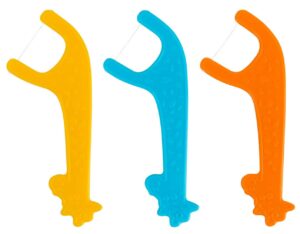Dental Information

Dental Resources
Be ready for each stage of your child’s adventure
CLOSED
Mommy-to-be
Taking care of your baby’s teeth starts before they’re born, and it all starts with taking care of your teeth. Make sure to visit your dentist regularly to monitor your own oral health and make daily brushing and flossing a priority. We recommend using a super soft toothbrush to be gentle to your gums. Xylitol gum is also great to chew. The healthier your mouth is, the less bad bacteria will be passed to your baby once they arrive, and this can give them a head start to healthy teeth. Keeping your own teeth healthy throughout your little one’s childhood has been shown to prevent cavities in your child. It’s important to let us know if you are or may be pregnant when you visit us so we can take appropriate precautions.
Newborn
Your baby may not have teeth yet, but this is a great time to start introducing your baby to what it feels like to have their mouth cleaned. You can use a soft damp washcloth to wipe your baby’s gums after feedings. Sometimes your baby may be born with teeth or have teeth erupt into their mouth within the first month of life. Often these are your baby’s first set of teeth and not extra teeth. They may not have strong roots and can be wiggly. Dr. Cat can assess your baby’s teeth and determine if these teeth are causing a problem for you and your baby and if necessary they can be extracted.
Infant

Toddler
We recommend that your child has a dental home by their first birthday or their first tooth. This will allow them to get used to visiting the dentist which helps relieve any fear and build confidence. This way your dentist can catch any small cavities before they get big.
Your toddler may have a habit of sucking on their thumb or pacifier. Prolonged thumb sucking can cause teeth to shift and flare forward but can also narrow a child’s upper jaw. The American Academy of Pediatric Dentistry recommends to stop sucking habits before the child’s third birthday. Often a sucking habit is a source of comfort to a child to go to sleep and can be very hard to break. Breaking this habit works best when the child also wants help to stop. Bitter tasting nail biting polish can be used or a barrier like a sock over a child’s hand can help. Sometimes changing the source of comfort from sucking to patting a fuzzy teddy bear, or listening to a parent read a bedtime story can help. In some cases an orthodontic appliance can be placed to remind the child not to suck their thumb.
Toddlers are at the stage where they are introduced to many different foods! A healthy diet remains important throughout childhood. The American Academy of Pediatrics recommend that children ages 1-3 years only consume four ounces of juice a day. Sippy cups are not a recommended container for juice as they allow the child to sip a little bit of juice over a long period of time. This exposes their teeth to sugar for much longer than drinking with an open cup. We recommend water in sippy cups!
Your little one is also learning about the world and learning how to walk! Sometimes all this exploration can lead to some falls or accidents. Toddlers are at the right height to hurt their teeth on a typical coffee table, so keep an eye out for them. If an accident happens check out our emergency guide and give our office a call.
Child
As children get a little bit older they start getting a little more independent. Often children may want to brush their own teeth without any help from their parents. We think it’s great that our patients are excited to brush their own teeth, but before the age of nine they don’t have the refined motor skills to clean their teeth properly. We recommend your child brush their own teeth and you can catch the spots they missed when they’re all done. Make sure to brush for a full 2 minutes. We also recommend using an electric toothbrush. They come in all shapes and sizes and can really help with getting all the build up off little teeth.
When your little one is around five or six years old, their first permanent teeth will start to come into their mouth and they’ll start losing baby teeth. Often the pressure from the new permanent molars coming in can close any spaces your child may have had between their teeth. When this occurs, it’s important to floss once a day before bed to prevent cavities between teeth.
Children also may grind their teeth. Luckily this is something they often outgrow. This is often from children being in between losing baby teeth and getting adult teeth and not knowing where to bite! Every time we see your child for their check up visit Dr. Cat will access their growth and development and if she sees any problems with how your child bites she will refer you to an orthodontist for further evaluation and treatment.
Pre-teen and Older
Teens are often exposed to and consume lots of sugary foods and acidic drinks, like gatorade, coffee, or energy drinks. A treat is great now and then, but it’s important to support your adolescent in making good food choices and sticking with more fresh fruits and veggies and lower carbohydrate snacks like cheese or greek yogurt. With more independence, many teens forget to brush and floss as much as they should. So, a little motivation goes a long way. Motivate by discussing the benefits of a great smile, like fresh breath, looking great in a photo for social media, and feeling confident. A new electric toothbrush works wonders!
Oral piercings carry risks. Not only can they be painful or cause infections, but they can cause tooth damage, a speech impediment, damage to the gums, or difficulties swallowing. We do not recommend an oral piercing. Other risky behaviors that can affect your teen’s smile are tobacco, alcohol, or recreational drugs. Dr. Cat is able to offer resources and referrals to your teen if necessary.
It’s very common for adolescent patients to want to whiten their smile with bleaching products. When used properly, patients can achieve a great result. However, it’s important for teens to be assessed by a dentist prior to starting any bleaching to minimize risks such as sensitive teeth or damage to the outer layer of the tooth.
Twenty five percent of adolescents and adults have experienced dental trauma. Sporting activities are some of the most common culprits. Youth can experience long term damage, pain, loss of permanent teeth, or reduced quality of life from dental trauma. A well fitting mouthguard is a great way to prevent these injuries. We are able to make a custom mouthguard for your teen.
